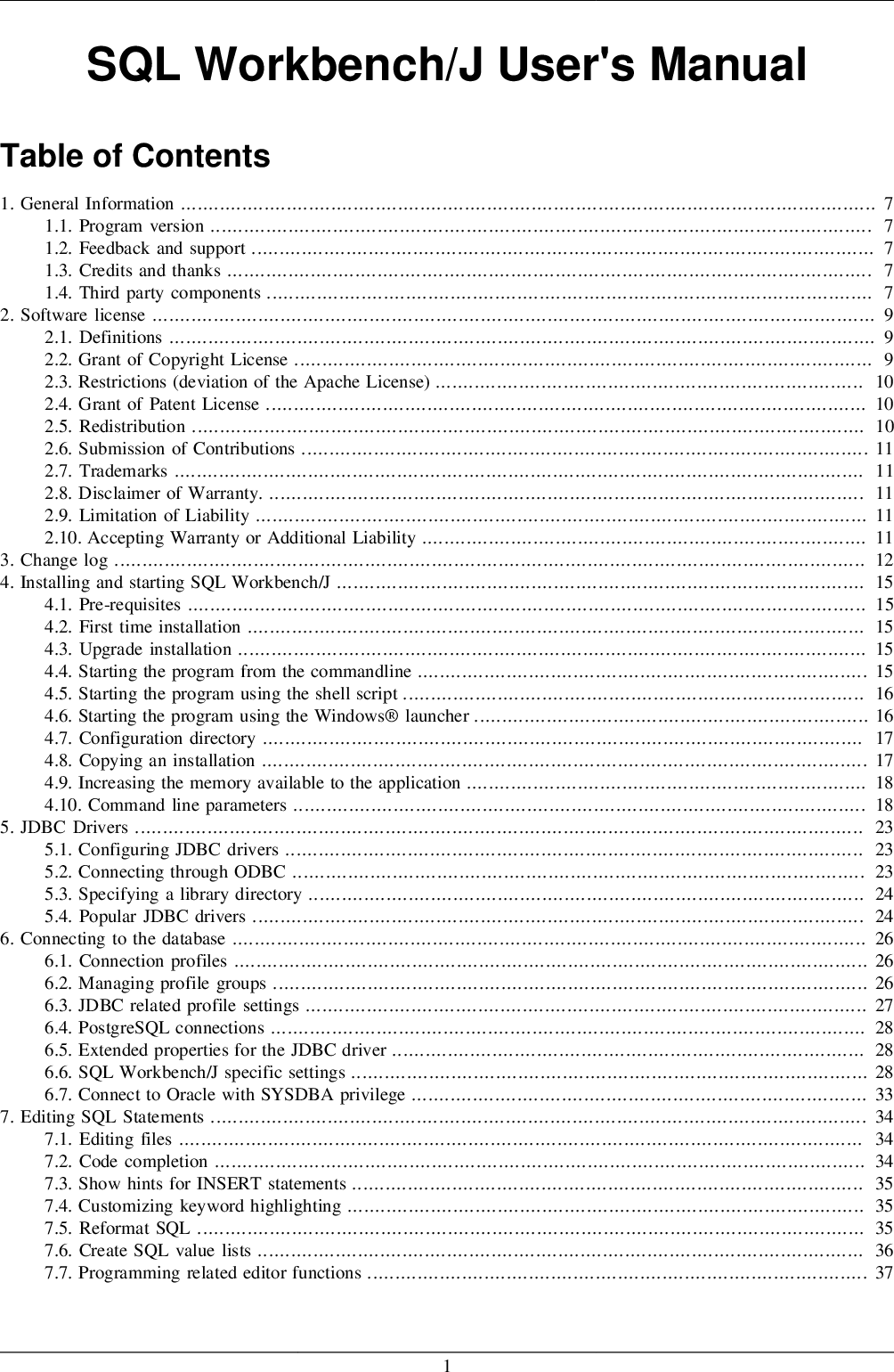38 how do independent record labels work
How Record Labels Work | HowStuffWorks These three steps are leading up to one massive leap -- finding a record label. It's the only way you can get your music REALLY out there. In this article, we'll take a look at how record labels are organized, what each department is responsible for (as in, "what can they do for you?"), how radio plays into the picture and the differences between the big guys and the indies. How Independent Record Labels Make Money in 2022 With independent labels now accounting for over 40% of music industry revenue, it's never been a better time to get involved with independent music and establish an indie label. It's important for label owners to understand where their cash flow will come from in order to sustain their label as a business, and identify the main potential revenue streams available to independent record labels and artists.
Independent label vs The Major labels. Pros and Cons! - Medium While major labels are global and operate their own publishing and distribution companies, indie labels work with other smaller companies, either in long-term partnerships or in smaller contractual...
How do independent record labels work
How Do Record Labels Make Money? Inside the Release Cycle The release commitments are lower in the indie deals, so are the advances and recording costs. Accordingly, an independent label will break-even much earlier — but the average stream counts will also be lower. The entire label system has to operate on this financial model — lose $1 ten times to make $11 once. Indie Labels vs Major Labels: Differences & Which is Right For You Most contracts offered by major record labels do not include publishing since major labels normally have affiliated publishing companies for their artists to work with. On the other hand, indie contracts normally do demand that the label gets publishing rights to their artist's music. Normally, the artist is offered fifty per cent of whatever ... 33 Independent Record Labels You Should Know - Complex Founded in 2013 by David Dann, the label has picked up only five artists: ZHU, Gallant, THEY., Klangstoff, and Kwaye. With each act, they're thoughtful and deliberate with the strategy and focused...
How do independent record labels work. Record label - Wikipedia On occasion, established artists, once their record contract has finished, move to an independent label. This often gives the combined advantage of name recognition and more control over one's music along with a larger portion of royalty profits. Artists such as Dolly Parton, Aimee Mann, Prince, Public Enemy, among others, have done this. How Independent Artists can Set Up their Own Independent Record Label For many independent hip hop artists today, the concept of getting involved with a major record label is steadily losing its appeal. In the great debate of staying on your independent grind vs. signing to a major label, the trend seems to be heading towards the indie space, especially when up-and-coming rappers are watching success stories like Chance The Rapper and Tech N9ne. How Indie Record Labels Work - The Balance Careers Indie labels have more freedom to pick and choose which artists they sign. If they decide to sign with you, it's because they like your music and your taste. They are less likely to insist on changes to your sound or image than major companies. That means you will have more creative control with an indie label than with one of the Big Three. Being an Independent Artist vs. Signing to a Record Label 1. 100% creative control: Independent artists have complete control over the direction of their music. They also have full control over distribution, marketing, artwork, messaging, deadlines, and more. Moreover, an independent artist has free will to make decisions about their creative vision. It's the ideal scenario for many artists. 2.
Behind the music: What do record labels actually do? You'd be surprised That's what a record company does, and that's why I like my record company. People look at record companies like they're obsolete, but there's a lot of soul in there - a lot of people who care ... Recording and Distribution Contracts with Independent Labels In pressing and distribution (P&D) deals, you deliver a fully mixed recording master and artwork to the record label, which then assumes the responsibility of manufacturing and distributing your records in the form of compact discs—and vinyl, if you release your recordings in the vinyl medium. Releasing on a Label vs. Going it Alone - EDMProd These could be small one-man operations or larger, but still very much independent labels. Here's a brief comparison of major labels vs independent labels ( source) There are obvious benefits to releasing in both ways - going it alone, and working with a label. Let's look at both. I'll begin with the benefits of working with an indie label. How Do Record Labels Make Money? We Reveal All Basically, the label gives you, say, $50,000. This is an advance on the royalties they want you to make. The catch here is, every cent you make selling that sound recording goes towards paying back this advance. Once the advance is paid back, then the contract kicks in, and the royalties are split - often 50/50.
How Do Record Labels Work & How Do They Make Money? Independent record labels, or "indie labels", operate without the assistance of major record labels, hence, the word "independent". They provide a more subtle way to record music. Although they are not as well-known as major record labels, they do have their perks. How Record Labels and Radio Stations Work Together Record labels decide very carefully what specific songs from an artist or band's new record would most likely get the airplay they need to attract consumer's attention, and at the same time fit into the radio station's format. The Promotion Department is a key department for any record label - major or independent. Record Labels and Imprints-What's the difference? - A3C Festival Independent labels have to carry the financial load of their artists themselves. Not only do they have to pay for everything out of pocket, indie labels do much of the foot work when promoting their artists and music. As an imprint, there is no need for much out of pocket spending due to big corporate budgets. The Pros and Cons of Independent Record Label Deals Any music recording label that operates without the funding of the organizations of the major music labels is considered an indie label. While major labels are global and operate their own publishing and distribution companies, indie labels work with other smaller companies, either in long-term partnerships or in smaller contractual relationships for their distribution and publishing needs.
How and Why Major and Independent Labels Work Together Independent labels affiliate with majors to increase their artists' exposure in commercial media and to expand their distribution networks by increasing their access to major retail record chain stores and rack jobbers. Affiliating with a major label can maximize the likelihood of the independent getting paid for records sold.
10 Awesome Independent Record Labels [LIST] - Music Think Tank This is an independent community so it's our job as indie people to promote quality independent music equally together. We will continue to promote the Independent Record Labels in this new series. Hope this comes as a great reference, and please stay tuned for more: 1. Toolroom records. Label Genre(s): Dance (HOUSE)
How to run a small independent record label - NME in between scouting new acts to sign, overseeing physical manufacturing, tending to social media, plugging tracks to radio stations, arranging press with music publications, aiding artists'...
Music Publishing Tips | How Labels Handle Their Publishing Here is a simple way of looking at it: Record labels represent specific recordings of songs by artists they have signed. A publisher is responsible for all recordings of a song, including covers by other artists that are released in physical or streaming formats, by their client writers. A single composition can be used in multiple recordings ...
Independent record label - Wikipedia An independent record label (or indie label) is a record label that operates without the funding or distribution of major record labels; they are a type of small- to medium-sized enterprise, or SME.The labels and artists are often represented by trade associations in their country or region, which in turn are represented by the international trade body, the Worldwide Independent Network (WIN).

SANDRA GARRETT RIOS SIQUEIRA OAB/PE 12636 = TRAFICANTE DE DINHEIRO FALSO. AMIGA DO PCC. : SANDRA ...
Pros and Cons of Indie Record Labels You Need to Know Due to the small size of an indie label, it makes all the experiences more personal. Indie labels work closely with their artists at every step of the journey, from mentoring to skillbuilding. When you have a close knit team on call, it can make the creative process more streamlined.
SANDRA GARRETT RIOS SIQUEIRA OAB/PE 12636 = TRAFICANTE DE DINHEIRO FALSO. AMIGA DO PCC. : SANDRA ...
Indie vs. Major Record Labels: Which is Right for You? Independent record labels are small companies called indie or boutique labels. They are generally not affiliated with or funded by the three major records labels. Also, indie labels work with other smaller companies for distribution and publishing. Many consider boutique and indie labels as artist-friendly.
How To Start A Record Label - Мusic Gateway Everyone else is considered to be an independent record label. Indies tend to outsource their promotion, press, and distribution via third parties. Their budgets can be really small, or just as big as a major, depending on the success of the label. Hugely successful indie labels include the likes of Domino Records and Rough Trade.





Post a Comment for "38 how do independent record labels work"